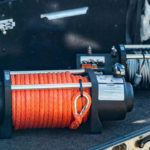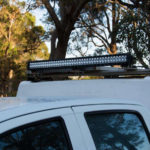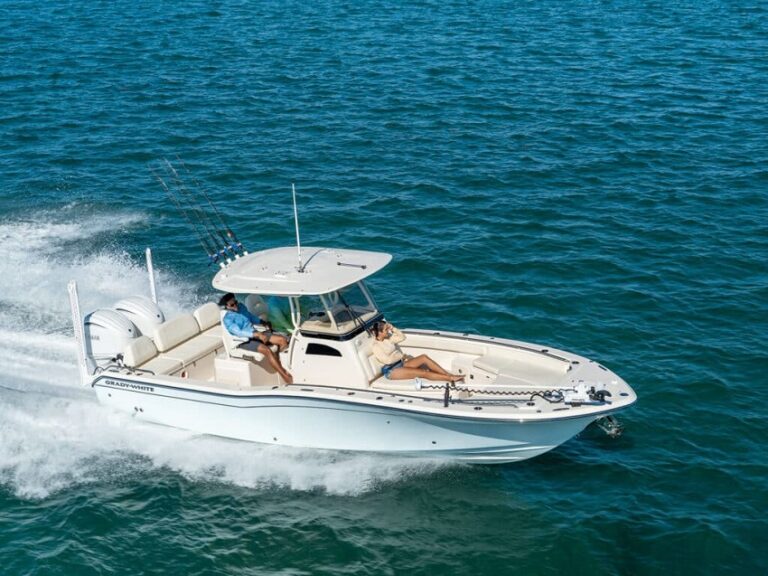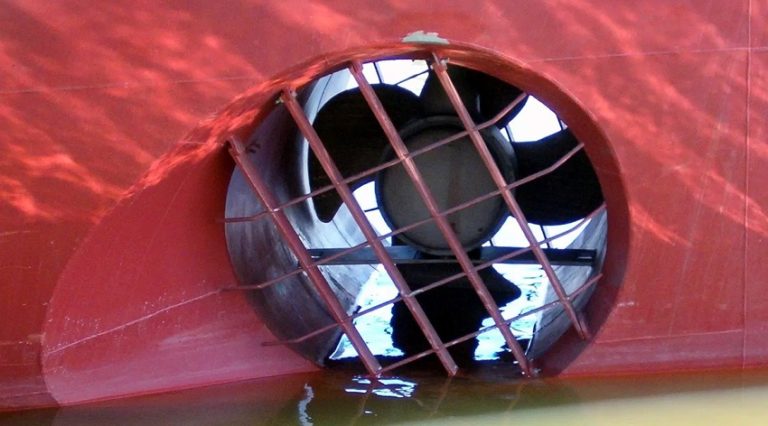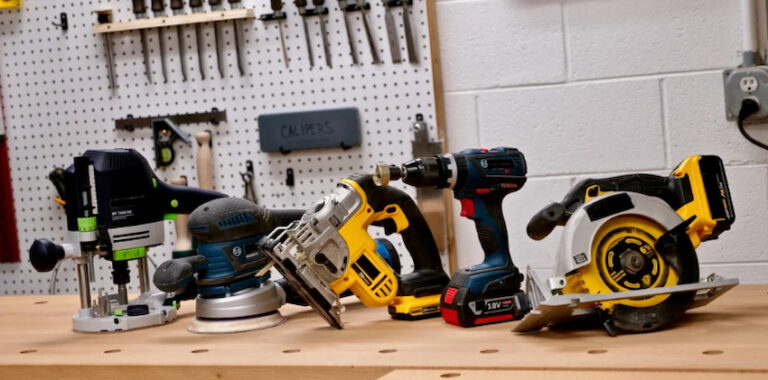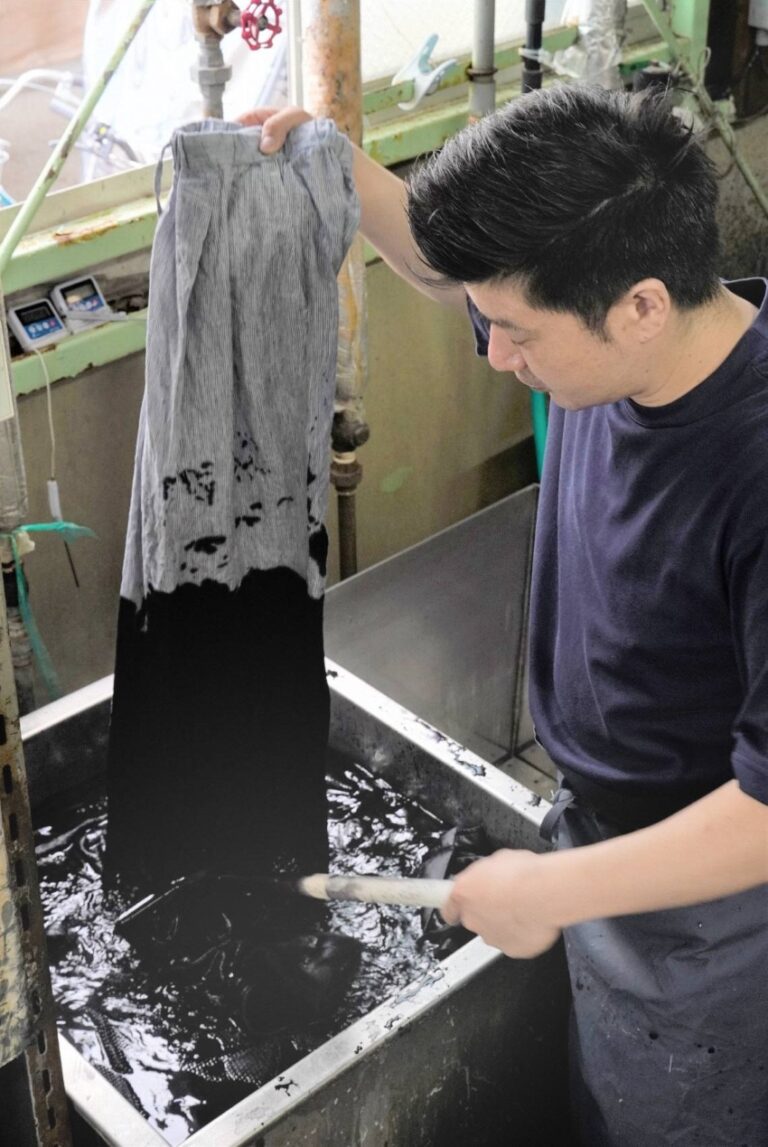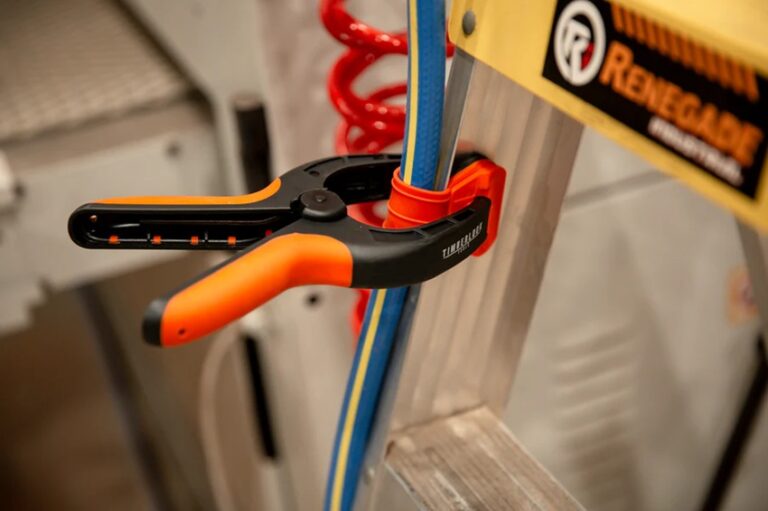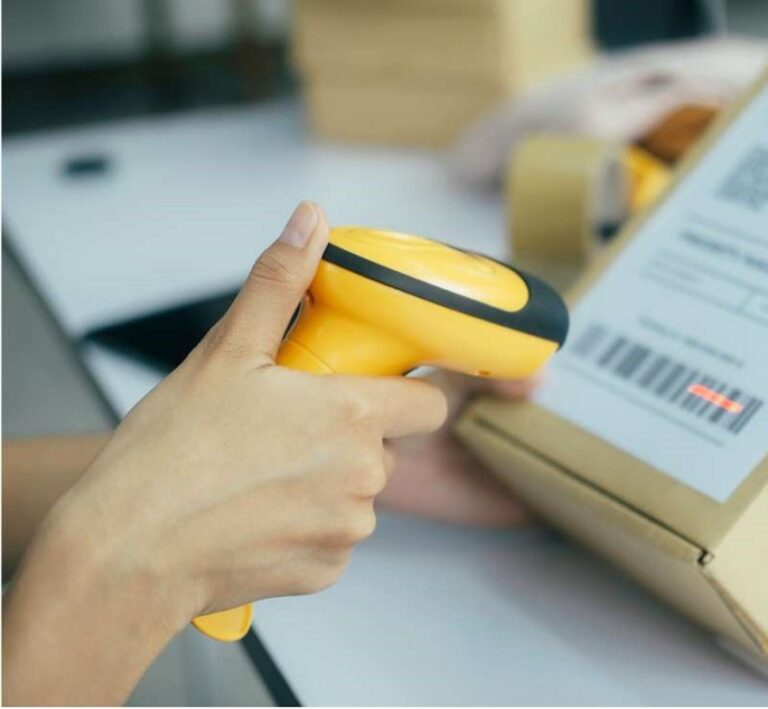Trailer winches may not be the first accessories anyone thinks about when discussing boating, but they’re one of the last items a boat owner wants a problem with. A reliable trailer winch takes the headache, and ultimately the backache out of launching and retrieving a boat, much like a 4WD one is crucial for off-roading; and after a long, hot day on the water, a powerful winch is worth its weight in gold.
There are two types of winches: manual and electric. And while any boat owner worth their salt is confident that they could raise the Titanic with enough sweat and a manual winch, nothing could be further from the truth. After a day of salty air and sunshine, manually winching your boat on a slippery ramp is going to feel like raising the Titanic – and that’s not what you want. You want a fast, and ultimately safe way to get the job done, which is why you want an electric winch.
Electric Winches Help Simplify the Toughest Launches and Retrievals
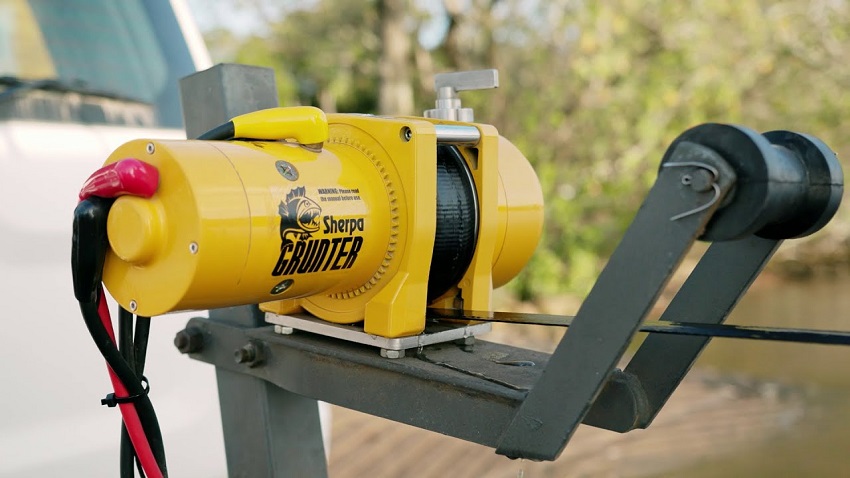
Let’s be honest: while every boat owner eventually perfects their own unique way of launching and retrieving, the one thing they all have in common is that no one enjoys wrestling with heavy boats. A heavy-duty electric boat winch however, has the strength and reliability to handle this potential dangerous task with the ease of riding on a smooth sea.
Trusted brands like Sherpa, Powerwinch, and Ruva are known for some of the most powerful and affordable winches on the market. They specialise in winches that are rated to give you years of reliable service in the toughest salt, and freshwater environments, and offering a broad array of features that include:
- Heavy-duty series wound motors with a choice of either 12V or 24V operation;
- Capacities up to 9000kg at 45°, with outputs to 6.6hp;
- IP-rated, corrosion-resistant 316 stainless steel construction;
- Electronic braking with remote power-in/freewheel-out capabilities; and,
- Wireless remote control with manual override.
With their ability to perform both horizontal and vertical pulls, today’s heavy-duty electric boat winch solutions are more versatile than they’ve ever been. And with the multi-stage gearboxes and cut-quality gears that many are equipped with, they even allow you to perform double line pulls and lifts from the most radical ramp angles during the roughest weather retrievals.
Factors to Consider When Choosing Your Electrical Winch
Cost tends to be the most commonly cited reason boat owners have for not wanting to invest in an electric winch. Most fail to realise, however, that with such a wide range of electric winches on the market, powering, and then muscling their boats onto a trailer doesn’t have to be their only alternative. That’s because regardless of whether you only own a pair of lightweight PWCs, or a heavyweight 7 m cabin cruiser, there’s an electric winch available for every boat and budget.
The key to selecting the right electric winch means having a clear understanding of how factors like weight, mass, and friction can impact your safety, as well as that of your boat when launching and retrieving. Keep the following aspects in mind:
- The weight and size of your boat. Together with fuel, batteries, and other equipment, your winch should never be rated for less than ½ to ¾ of your boat’s gross weight; with consideration also given for the increased resistance that you can expect with longer and wider hulls.
- The setup of your trailer. The length of your trailer, along with whether it’s outfitted with bunks or rollers, is instrumental in calculating how much friction your winch will have to overcome, relative to the size of your boat’s hull.
- Ramp angles. Although ramp angles don’t have a direct impact on winch rating, steeper ramps, together with the multiplying affect that frictional forces will have on your boat’s weight, make the need for a higher rated winch unavoidable.
Make no mistake: as routine as loading and unloading your boat seems, there are a host of dynamics involved. And if you include elements like fatigue, rough weather, or heavy algae buildup on a ramp into the equation, getting the boat out of the water can be outright dangerous for both you and your vessel. Ultimately, you may not need the most powerful electric winch on the market, but it pays to have one that you know can comfortably handle your boat under less than optimal loading conditions.
Making Sure That Your Winch is Outfitted With the Best Rope
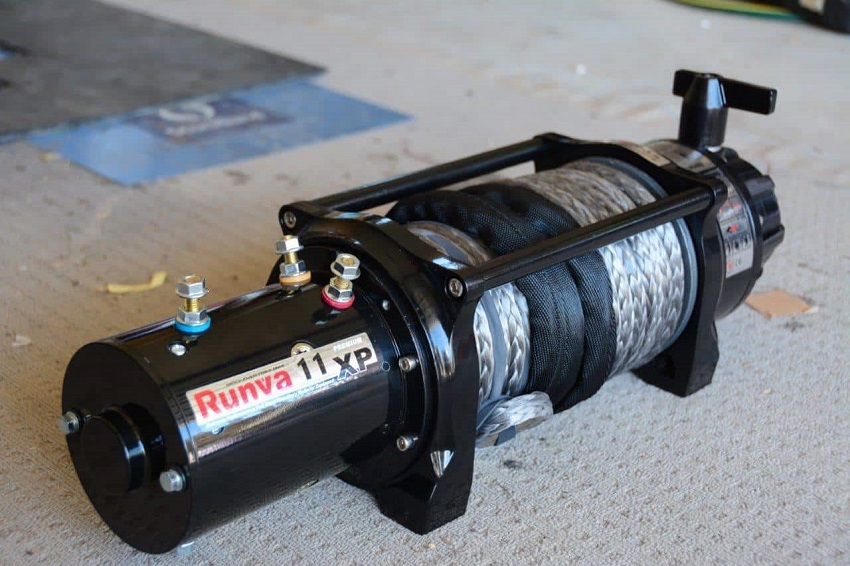
Once you’ve made the decision to purchase an electric winch, the strength of the rope or cable that it’s equipped with it should be your next concern. That’s because even if your boat is within your winch’s weight rating, the added friction from sticking bunks, old or compressed rollers, or a severe ramp angle can snap a rope or cable almost instantly.
Although new winches typically come with their own cable or cordage, you want to be positive that the gear your winch is outfitted with is strong enough for any contingency. Heavy-duty synthetic cordage is the top choice of boat owners who don’t want the weighty hassle of steel cables that are prone to fraying or kinking; and lightweight, Ultra-High Molecular Weight Polyethylenes (UHMWPEs) like Dyneema® offer unparalleled advantages when it comes to:
- An exceptionally high strength-to-weight ratio;
- Complete hydrophobia, with the natural ability to float; and,
- Resistance to salt, moisture, and UV exposure.
And for boaters whose preference is for the familiarity of steel’s heavy-duty stability, multi-stranded steel cable is their undisputed champion. While synthetic cords are relished for their light weight, the high tensile strength of steel cables is ideal for the continuous torque that’s applied by electric winches, offering:
- Unmatched resistance to abrasion, fraying, or snapping;
- Zinc-galvanised, corrosion-resistant construction; and,
- Lower maintenance requirements with twice the lifespan.
Steel winch cables also cost significantly less than synthetic winch ropes. That’s a quality that you’ll want to keep in mind when evaluating the long term costs of electric winch ownership.
The Final Word
At the end of the day, when it comes to winches there really isn’t much of a comparison. Manual winches simply don’t offer the weight rating or convenience that electric winches do. And while it’s easy to point to the cost difference between them, the fact is it only takes a single misstep while attempting a retrieval with a manual winch to seriously injure yourself, or to even catastrophically damage your boat.
Only a heavy-duty electric winch has the strength and reliability you need to safely load and unload your boat every time. It’s an investment in both your health and your boat’s security that you’ll be glad that you made.

